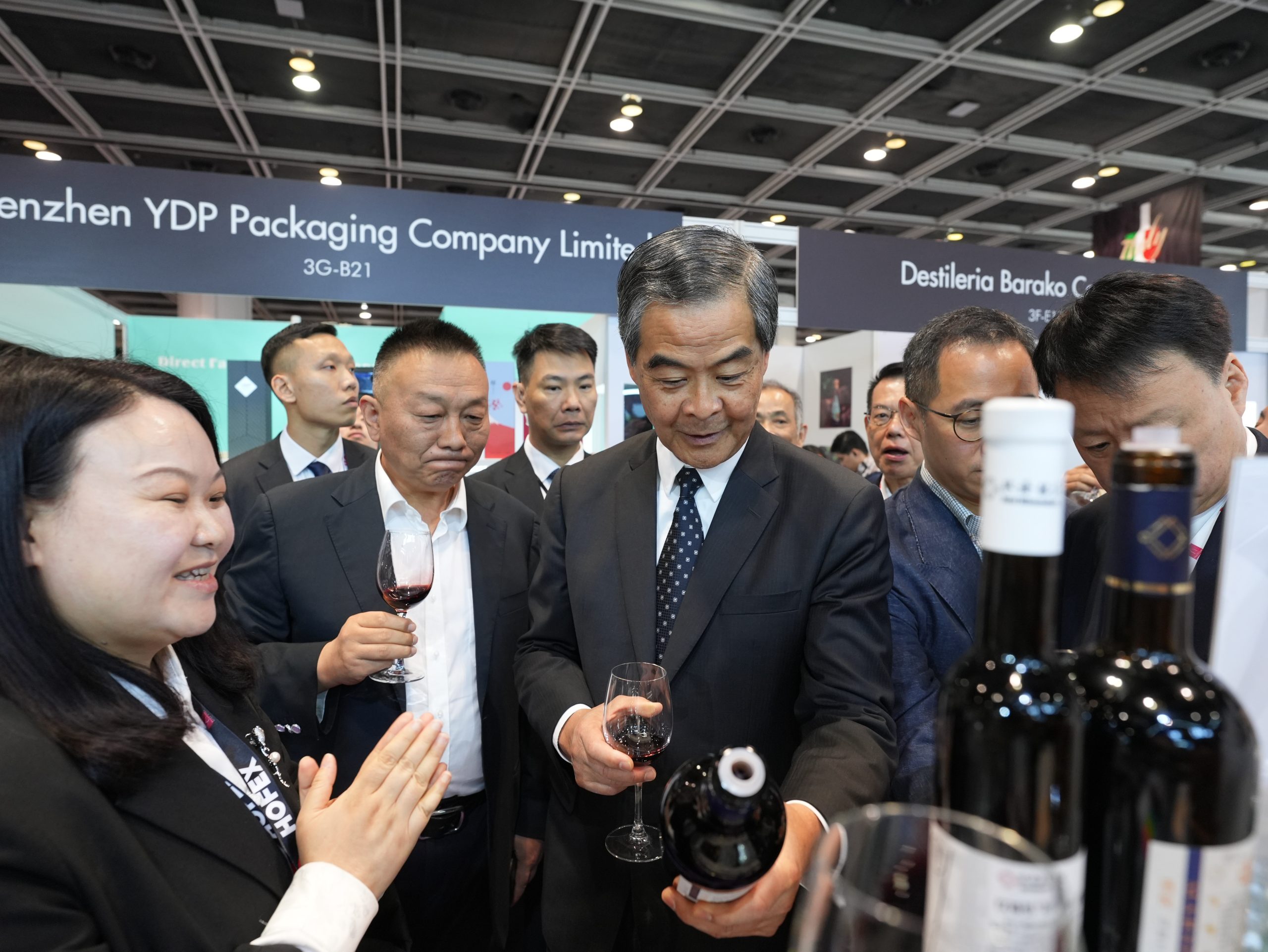Bordeaux primeurs: ‘Where is the magic?’
Domaines Delon’s widely praised 2022 Bordeaux releases include, in Léoville Las Cases, a candidate for ‘wine of the vintage’. Vice president Jean-Guillaume Prats has no doubts about the quality of the year, but rails against the obsession with pricing – and says Bordeaux needs to ‘re-bring the dream’ around primeurs. Richard Woodard reports.
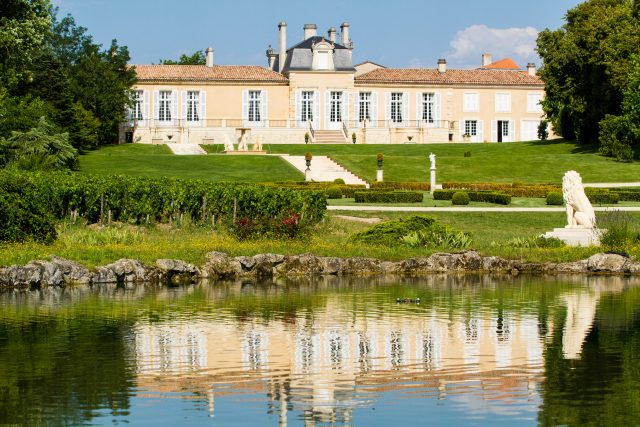
Jean-Guillaume Prats, vice president of Domaines Delon, is having a busy day. When we start our conversation, it’s roughly a minute after Château Léoville Las Cases, the company’s star property, has announced its 2022 primeurs release. By the time we end our discussion 40 minutes later, he has “about 16 or 17” messages from courtiers flashing on his cellphone.
The former boss of Château Cos d’Estournel, Moët Hennessy Estates & Wines, and Domaines Barons de Rothschild (Lafite), who has been in post at Delon for just over a year, has every reason to be happy with the company’s 2022 wines, and with that of Las Cases in particular.
For some, it is the wine of the vintage, and has amassed no fewer than 18 potential 100-point scores from critics including Neal Martin, James Suckling and William Kelley. Such near-universal acclaim, Prats claims, is unprecedented: “This happens once in a lifetime, once in a generation,” he says. “Why is it that the wine deserves that? I have no idea. This is the beauty of the irrationality of wine. It’s a combination of the terroir, the team, the weather, so many things.”
The success of Las Cases 2022 is all the more remarkable, given that it was the last harvest processed in the property’s old winemaking facilities; a new winery will take charge of the 2023 vintage. “I am slightly embarrassed,” says Prats ruefully (but not altogether seriously). “Are we right to spend so much money to build something new? This is the greatest lesson in humility I’ve ever received.”
The new facilities – gravity-fed, temperature-controlled, with a multitude of smaller vats to allow the further sub-division of plots – will, he says, bring greater precision. “It will help us in more challenging vintages for sure, and it will most likely help us to increase the percentage of the grand vin.”
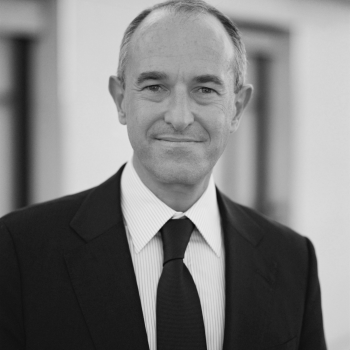
Has the hype surrounding Las Cases 2022 inflated its release price: €230 per bottle ex-négociant, up 36% on 2021, according to Liv-ex; merchant pricing at £2,272/case, up 42% on the opening price of 2021? “It’s what we would have done without these 18 perfect scores,” Prats insists. “We have only released 50% of production, and therefore we will see what the market tells us, what the reaction is.”
The subject of primeurs pricing – and the sometimes critical analysis that surrounds it – clearly irks him. “I think there is an overall attitude towards Bordeaux which is extremely negative,” Prats says, highlighting Liv-ex commentary in particular. “It’s all about pricing. When you buy an exceptional watch, when you buy an exceptional car, or when you buy a bottle of Burgundy or a bottle of Champagne – you don’t discuss prices. You discuss exceptional quality.”
This trend – Prats dubs it la financiarisation of Bordeaux – is, he believes, dangerous. “Where is the magic, the dream, the desirability? When you are a consumer and you buy a new product, the price is important, but you don’t want to be told that story. You want to hear about the magic of the property, the people, the story behind it. Does Napa play that game? Does Burgundy? Champagne? Italy? No.”
Nonetheless, Prats acknowledges that Bordeaux could learn some lessons for the future. “Clearly we need to ‘re-bring’ the dream around primeurs,” he says. “We need to ‘re-bring’ the desirability, we need to ‘re-bring’ the excitement. We need new consumers to know that something happens in Bordeaux at that time of year, like Fashion Week in London, New York or Paris, or the release of new cars or watches in Geneva or Frankfurt.”
Partner Content
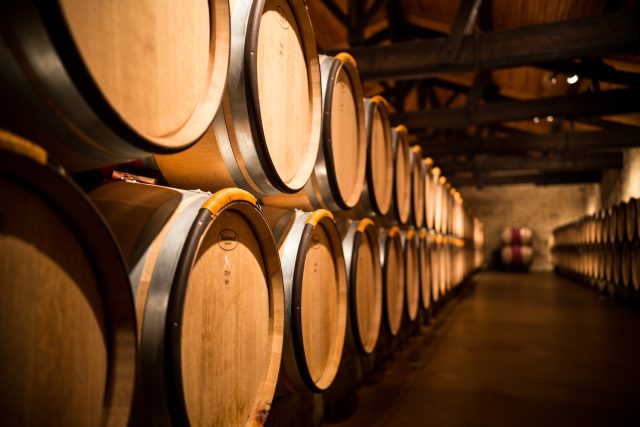
In the course of his career, Prats has been involved in winemaking projects across multiple continents, from Argentina to China, South Africa to New Zealand. But he thinks Bordeaux is still “probably” unmatched in terms of sophistication, technical skill and research. “With the level that we have, we are where we should be,” he says. “But it’s all about prices, financial trends … We need to move away from being a financial product.
“I think it comes to a point where we don’t engage enough with consumers. The guys in Napa, Burgundy, the Rhône, Italy spend their lives talking to consumers, telling their stories, attending events. The Bordelais don’t do that. Someone who was a château owner could spend their entire life without shaking the hand of a consumer.”
For the moment, there is the 2022 vintage, and its undoubted quality. Too soon to say where it stands in the pantheon of great years – “Is it better than the others? That remains to be seen,” says Prats – but, given the hot, dry conditions, a remarkable growing season.
“The vineyards of Bordeaux have done this job themselves,” Prats says. “For me, that’s the big lesson of this year. There are always worries because I have no idea where we will be in five years, but I think, with the right clones, the right rootstocks, the right canopy management in the vineyard, the vines have this exceptional ability to adapt.”
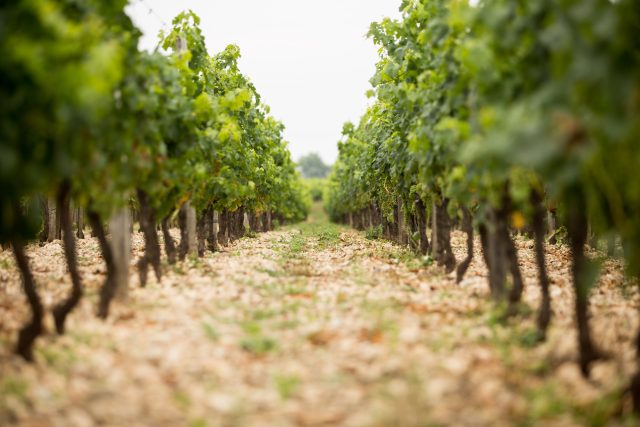
This was true, he adds, of all of Domaines Delon’s properties in 2022: Las Cases and Saint-Julien sibling Clos du Marquis, and also Châteaux Potensac and Nénin. Potensac, like other properties in the northern Médoc, has been a clear beneficiary of global warming, Prats believes.
As for Nénin, the vines planted in the blue clay soils of the Pomerol plateau came into their own last year. Prats describes the 2022 Pomerols in general as “fantastic”, balancing relatively high alcohol (above 14%) with excellent pH and acidity.
Domaines Delon bought the “run-down” Nénin in 1997, beginning a long-term improvement programme in vineyard and winery. “In the next five to 10 years, we are going to enjoy the work that was done by the prior team,” says Prats. “We still have some work to do, but this is probably the first vintage where we are going in the right direction in terms of the serenity of the team and the understanding of the terroir.”
Related news
Ricky Gervais demands Barossa red on his tour rider

